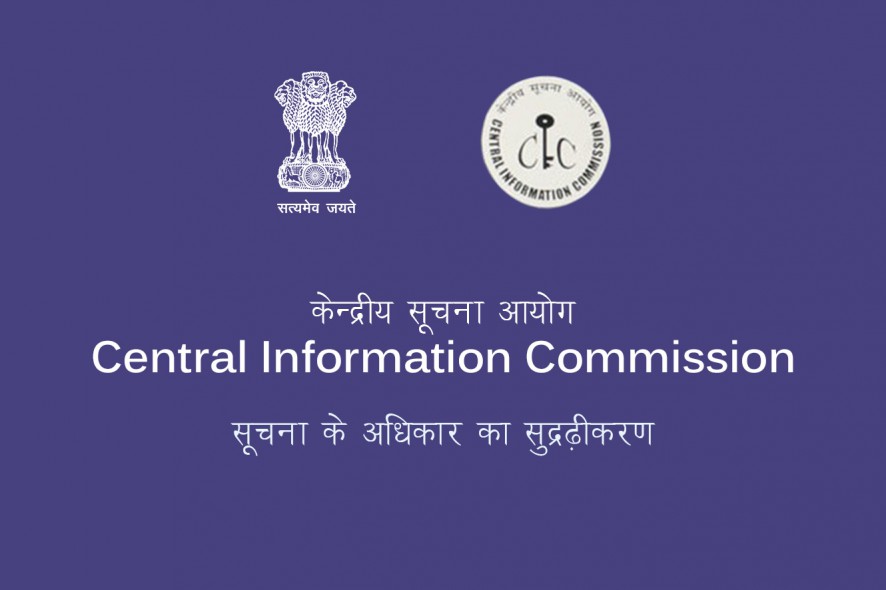Central Information Commission (CIC): Sudhir Bhargava, Chief Information Commissioner, addressed an application filed before CPIO, Supreme Court of India with respect to information regarding the Advocates-On-Record examination conducted in the year 2015.
The above-stated information was sought by the appellant regarding Advocates-On-Record examination on the following points:
- re-checking/re-evaluation of his answer sheet of Paper-III (Advocacy and Professional Ethics),
- whether the registrar has the power to award grace marks and
- How many candidates approached the High Court under Writs and succeeded in getting a favourable order.
Appellant had filed a second appeal before the Commission on the grounds that he was not afforded an opportunity of hearing before the FAA, and the information provided to him by the respondent was incorrect.
Appellant’s Contention
Appellant submitted that he appeared for the AOR examination in 2015, wherein he could not pass in Paper-III, due to incorrect results displayed by the respondent. Further, he re-appeared for the same examination in 2016 in Paper-III, wherein he again could not pass in the examination, hence filed the present RTI application regarding re-checking and re-evaluation.
Adding to the above appellant stated that, he got 46 marks in Paper-III, but the same was shown as 42 when the result was declared, which was again repeated in 2016.
Thus the correct information was not provided to him by the respondent.
Respondent’s Contention
He submitted that the appellant was provided with a point-wise reply and the same was accepted by the FAA.
CPIO was requested by the appellant to send his answer scripts for re-evaluation/re-checking, which was not permissible under the RTI Act, as under the provisions of the RTI Act appellant cannot expect the respondent to take certain action or initiate action as desired by him. The appellant was informed that the information being sought by him does not come under the ambit of Section 2(f) of the RTI Act.
Respondent advised the appellant to refer the regulations framed in respect to the above under the Supreme Court Rules, 2013. It was affirmed by the respondent that the result was displayed as per the marks obtained by a candidate in the examination.
Clarification in respect to the answer scripts for the AoR examination was provided by stating that, the answer scripts are retained only for a time frame of 1 year as per the Regulation 18 of the Advocates-on-Record examination contained in Supreme Court Rules, 2013, therefore, the same would have been weeded out before the filing of the RTI application and cannot be provided.
RTI Act is not the proper law for redressal of grievances and there are other appropriate fora for resolving such matters.
Decision
Commission on perusal of the facts and contentions of the parties observed that due information was provided to the appellant and thus the Commission accepts the stand of the respondent that,
RTI Act is not the proper law for redressal of grievances and there are other appropriate fora for resolving such matters.
Appeal was disposed of in view of the above terms. [Pratap Singh v. CPIO, Supreme Court of India; 2019 SCC OnLine CIC 1230; decided on 14-10-2019]






